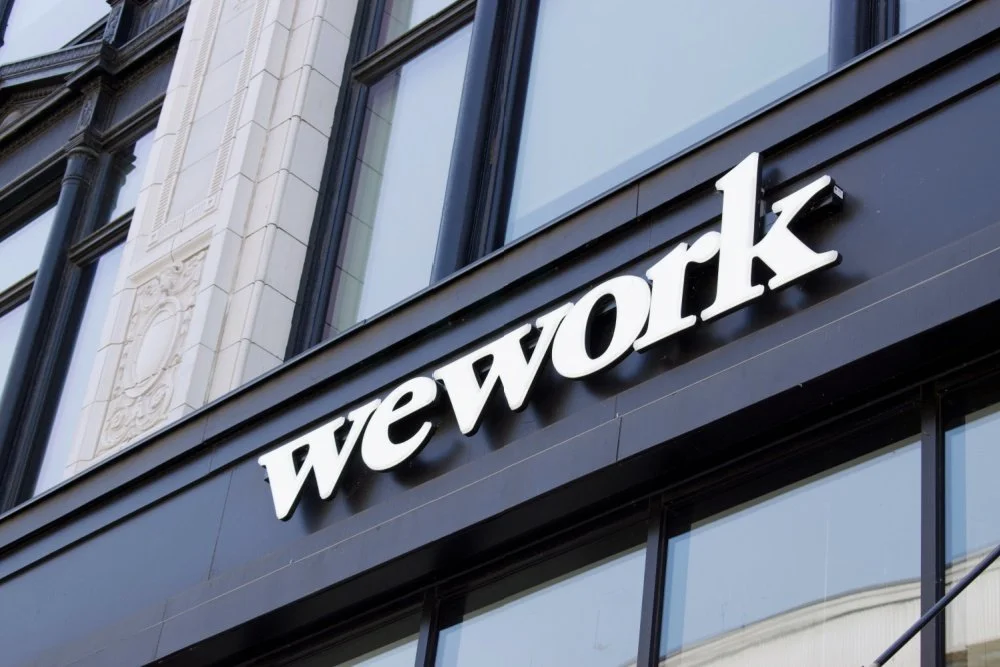In the March Toward Equity and Justice, Foundations Need to Remember: It’s Not Our Money to Control
/Recently, five CEOs of foundations made news in philanthropic circles by pledging to help grantees cover costs that prevent them from doing and sustaining work that advances their missions—things like rent, technology and other overhead. Contrary to myths that nonprofits “overspend” on operations and are not good stewards of resources, these foundations are just one example of the power in shifting longstanding beliefs in our field by providing support and resources to grantees where it matters most to them.
As funders, we often develop beautiful theories and engage in endless research, all in search of who might be that perfect match for grant funds. We think about “return on investments” and come up with challenges that we want communities to solve. Often, those challenges feel disconnected from what communities say they need.
At my organization, the Nellie Mae Education Foundation, we aren’t an exception to this practice. If we are honest, we must admit that we, too, have dictated spending down to the dollar, asked for time-consuming and lengthy spending reports that end up on a shelf after the grant has ended, and sought evidence of progress tied to outcomes that were not always community-led or even co-created with grantees. In the last couple of years, we have learned some important and sometimes painful lessons that have led us to an explicit commitment to racial equity and deeper community engagement. We are slowly becoming more reflective and figuring out how to change our internal practices along the way in collaboration with incredible community partners who keep us humble, honest and grounded. As a foundation, we are a work in progress.
In their powerful articulation that “charity is commendable, but justice is transformational,” Dorian O. Burton and Brian C.B. Barnes invite us to shift our paradigms and move philanthropy from charity to justice in order to address the political, social and economic injustices that leaders confront and work incredibly hard to interrupt—particularly leaders in communities of color and other marginalized populations.
It makes sense that the successes of organizations in our community often depend on funders who exercise a greater degree of flexibility and trust, allowing grantees to better wield power in decisions that promote sustainability for their mission-driven work.
With all that we’ve learned, including from the lived experiences of those doing work in our communities, why is it so hard to shift these beliefs and practices?
One uncomfortable yet straightforward answer is that it’s hard to change mindsets in philanthropy because much of the field itself was born and thrives on a bed of privilege and white supremacy. In his book Decolonizing Wealth, Edgar Villanueva asserts that many families and institutions built their wealth on the exploitation of people of color and indigenous people. He cites as an example his first philanthropic job, where his office was on a tobacco plantation. Furthermore, in the New York Times Magazine’s “1619 Project,” which examines the legacy of slavery as we commemorate 400 years, Matthew Desmond powerfully describes how slavery built our economy and served as the engine for extreme wealth accumulation, and what he calls “America’s low-road approach to capitalism.” The painful history that built our economy has translated into a philanthropic field where overwhelmingly white organizations make decisions about how and where such money is distributed.
In Just Giving, political scientist Rob Reich asks us what norms inform the design of laws and policies that shape philanthropy—a question that highlights what he terms as a “rocky relationship between philanthropy and equality.”
I would go further and say that the question exposes the imbalanced relationship between philanthropy and justice. It helps us visualize the intentionally designed house of philanthropy—where tax laws, subsidies and other constructs reinforce the uneven distribution of power, access and resources between those in the house, and those who are constantly adapting to its rules of engagement and survival.
One step forward is to internalize the belief that the accumulated wealth operated and controlled by our foundations is not our money at all. Our individual and collective responsibilities rest in figuring out how to return the money to those to whom it belongs. Communities whose violently stolen lands and labor have built the institutions that allowed capitalism and white supremacy—including philanthropy—to thrive.
Foundation staff, executives and boards need to swallow this bitter and humbling pill. As difficult as it may be, it is an important ingredient in the work to shift our mindsets and engage in the unlearning of the internalized superiority from which we operate. It will strengthen our ability to reframe our understanding of what it means to be good and responsible stewards of the resources within our foundations. In doing so, we can exercise the courage to show up differently in our work with the communities we serve—especially as we re-evaluate our own relationships to power and control.
In our own experience, we’ve seen the positive work that happens when community organizations are provided the space and resources to name and advance their own agenda. From Portland, Maine, to Providence, Rhode Island, young people and families who have historically been left out of school decision-making are transforming their communities through campaigns to break down the inequities of their education systems. It is their voices who need to be at the forefront of this march toward justice—not ours. And it is their money to support such an achievement—not ours.
Gislaine Ngounou is Vice President of Strategy and Programs at the Nellie Mae Education Foundation.






































